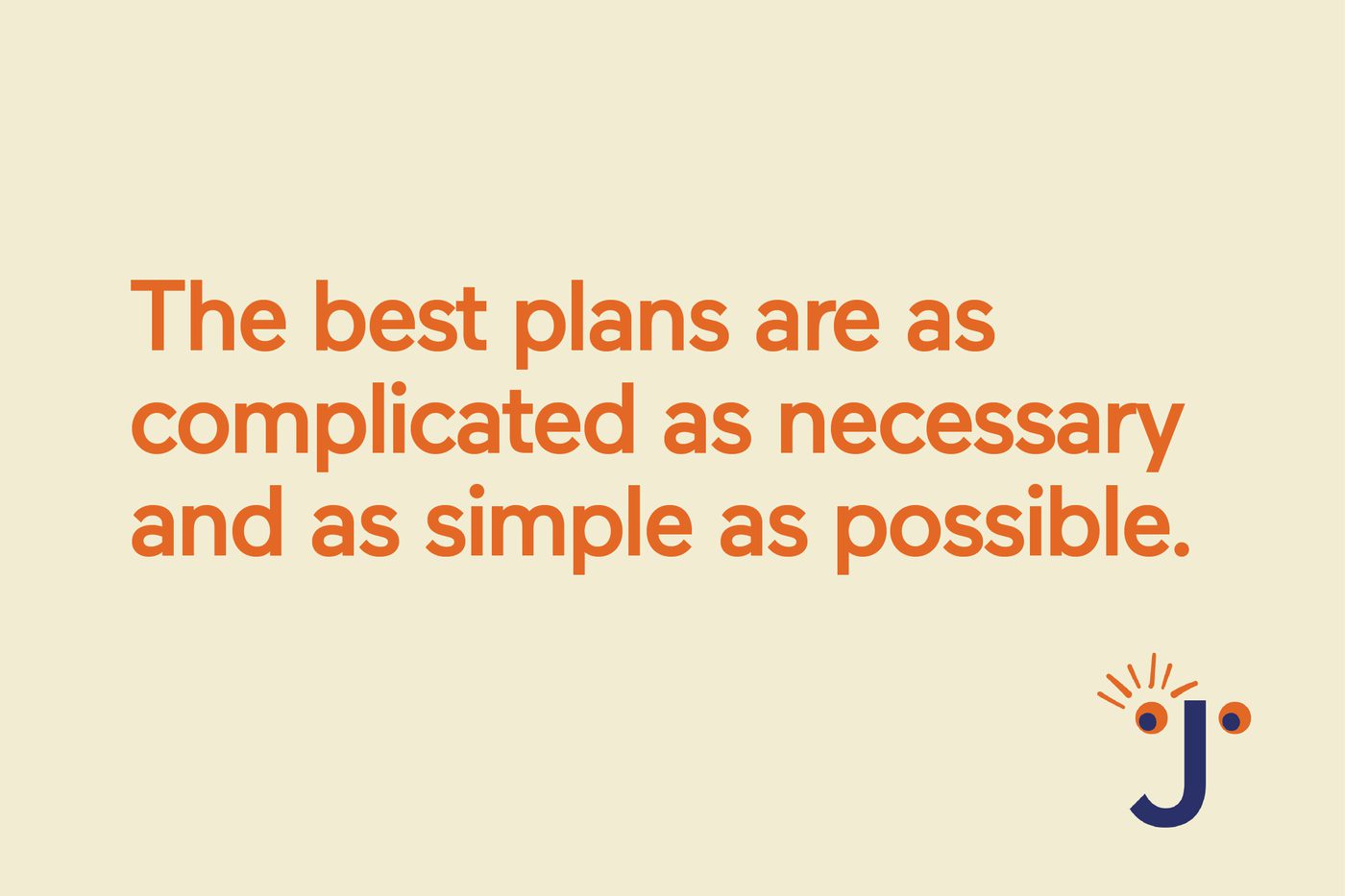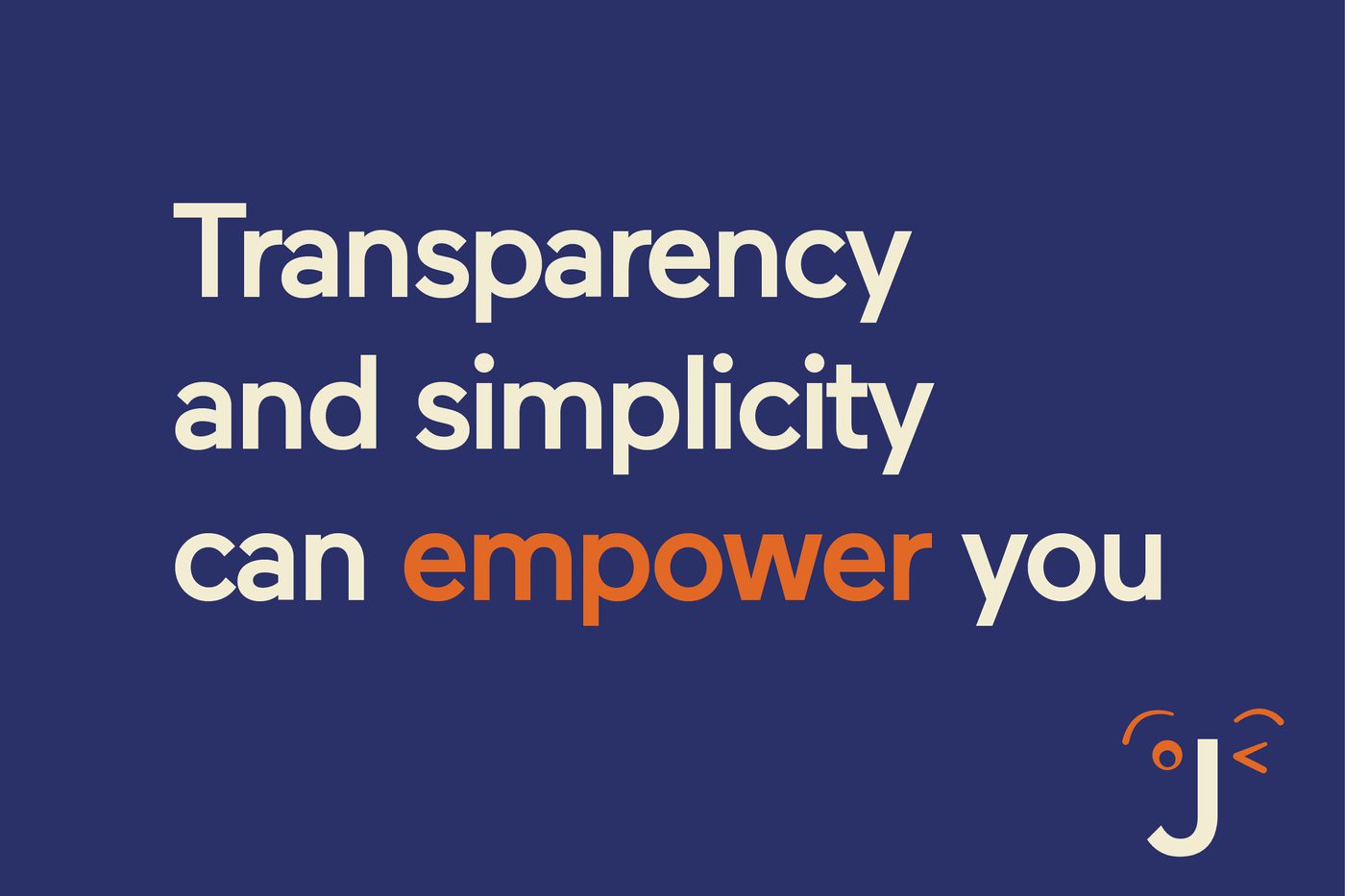“You must think I’m very stupid.”
“No, what makes you say that?”
“All that money sitting in the bank earning hardly anything. I know it’s not what I’m supposed to do.”
I had this exchange a few weeks ago and, truth be told, I’ve had similar exchanges with clients in the past and will have them in the future. You see, many people worry about what they should or could be doing with their money rather than their actual goals and levels of comfort. I always try to set their minds at rest, though: as a financial planner, I consider it my job to help clients be happier and more secure, and not to focus on trying to achieve the highest investment returns at all costs. I often quip (only half-jokingly) that I don’t get paid for financial advice, I get paid for helping people sleep at night. The financial equivalent of a nice hotel pillow, if you will.

In the realm of financial advice, discussions often fixate on strategies, the quest for high returns, and beating the markets. It can become easy to lose sight of the fact that investments are merely tools, though – a means to achieve the life that you want for yourself and your family. But true financial success lies not in ever-increasing numbers on an account statement, but in the experiences, security, and sense of fulfillment those numbers can help unlock.
Don’t Obsess Over Investment Performance
Focusing on maximising investment returns can lead to several pitfalls:
- Loss of Perspective: it's easy to forget that investment success means little if it isn't contributing to your goals and happiness. A modest portfolio that enables a life filled with security and purpose is often far better than a high-risk, high-potential one that creates constant stress and keeps you awake at night. Focus on your goals, not maximum returns.
- Increased Risk: chasing the latest hot investment fund or strategy can inadvertently expose you to uncomfortable and unnecessary risks.
- Short-term Mindset: we always advise taking a long-term investment view. Focusing on short-term fluctuations distracts from the long-term growth that ultimately matters more. It can lead to impulsive, emotion-driven decisions that are damaging to you.

The Power of Simplicity
Simplicity is often the key to a sound financial plan. As a species, we seem hardwired to believe that complexity is best, that if a simple investment you can easily understand provides decent results, then a complicated one that is beyond your comprehension must be even better, right? Wrong. The best plans are as complicated as necessary and as simple as possible. Do not get bogged down by complexity. Overly complicated plans carry several inherent disadvantages:
- Undermining Confidence: not understanding your investments can lead to doubt and anxiety. Transparency and simplicity, on the other hand, can empower you.
- Risk Misalignment: complexity can increase the risk of your investments becoming misaligned with your long-term goals and circumstances.
- Unnecessary Costs: intricate strategies often come with increased costs by way of high fees, tax inefficiencies and hidden costs, all of which can chip away at your long-term returns.
- Decision Paralysis: being inundated with options and complex information can make you reluctant to act when required or make decisions relating to your investments.

Putting This into Practice
- Focus on your goals, not the numbers: focus on your own goals and how your investments are helping you achieve them. Don’t worry about trying to constantly achieve maximum returns, and definitely don’t concern yourself with how other people say their investments are doing (there’s every chance they are mistaken and, in any event, their investments may be entirely unsuitable for you).
- Limit your information intake: you don’t need to pay attention to every investment theory, strategy and news article. Focus on the long-term and don’t worry about all the investment noise along the way.
Keep It Simple: investments don’t need to be complex, they just need to be right. Focus on simple and inexpensive solutions rather than complicated and expensive ones.
And lastly:
- Keep It Simple (just in case I haven’t hammered home this point enough yet...)
by Paul Woolgar
